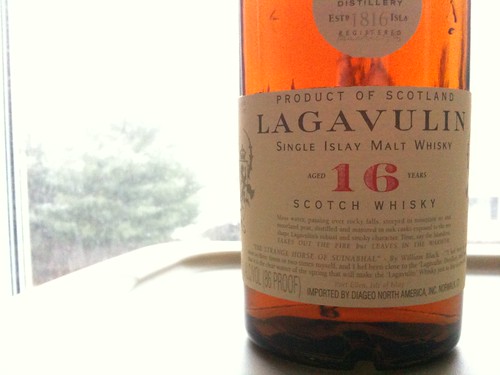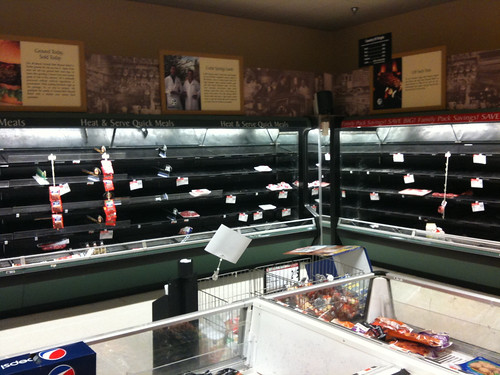For the most part, digital publishing throws risk out the window and opens up a world of possibilities to smaller publishers. Here are some publications that could explode as e-publishing tools continue to improve and e-audiences continue to grow.
1. Literary journals
Usually published by schools or small companies, literary journals typically have a much small reach. Specialty bookstores will carry them, and some of the larger book chains might carry the more popular journals. Generally, readers of literary journals know where to look for them.As e-journals, the potential to be discovered by new, "accidental" readers could increase. It's one thing to hear about a quarterly with content you find intriguing, and another to read that quarterly within seconds of learning about it.
Publication costs would no longer be tied to issue length in a digital journal. Full-color artwork wouldn't make publication more expensive, either. Many of the constraints placed upon small literary journals could be lifted. The potential for new or small journals to build audiences and prestige would be limited only by the quality of content.
2. Zines
The new rules of publishing that apply to the "big" magazines could apply to the smallest homemade publications. A handful of people with some great ideas could generate compelling, off-beat content and build a global audience as easily as paper zines build local followings.Some of the simplest zines are essentially photocopied paper stapled together and sold (or given away for free) at local shops. They can carry bolder, more subversive content than their "professional" counterparts because, with the minimal setup and publication costs, there's relatively little to lose.
Building and distributing digital zines could quickly become cheaper and easier than their analog versions, without much change to the form. Imagine a photocopied zine with hand-drawn illustrations simply scanned in and packaged as a PDF or e-book friendly format. What's to keep a well-produced zine from finding a loyal, world-wide audience?
3. Pulp novels
It's probably romantic of me to imagine a world where people read serialized detective stories on their e-book readers, complete with brightly colored covers and sensational plot lines. But it could happen, or something like it. The iPhone created a hugely lucrative market for casual games, many purchased by people who never before considered themselves "gamers".What's to keep a market of "casual readers" from adopting a series of new-school, e-pulp novels? Judging from the number of romance and thriller novels at the checkout counter of every grocery store I've ever visited, it's not a lack of interest.
4. Genre publications
Genre magazines, like those that specialize science fiction and horror, have fallen sharply in popularity over the past few decades, in their physical, printed form. However, a few sci-fi magazines have reinvented themselves online or in digital forms. It helps that a lot of sci-fi fans are also fans of new technology, but this might serve as a barometer for how mainstream fiction readers could adopt e-book tools in the future.The same could easily apply to romance, speculative fiction, or humor. Why not showcase writers of a particular genre? The audience is already there. If e-reader technology becomes more widespread, publishers would be able to sell subscriptions with little to no publishing cost. Again, the risk is mostly removed, so very little would keep well-edited genre collectiosn from finding their audiences.
5. Comic books
This is a vast un-tapped market. Part of the problem could stem from how awkward it is to read a vertically-oriented comic book on a widescreen monitor. Also, e-book technology has barely gotten to the point where color and resolution come close to matching what's on the printed page. But it's getting close.The first company to offer electronic subscriptions on a full-color, high-resolution e-reader would be a massive success. Sure, there will always be a market for collectors who fill long boxes with bagged and boarded comics, but for most comic book readers, staying up-to-date with their favorite characters and plot lines would be enough. The technology isn't quite there yet, but in a post-iPad world, it feels like it's just around the corner.





